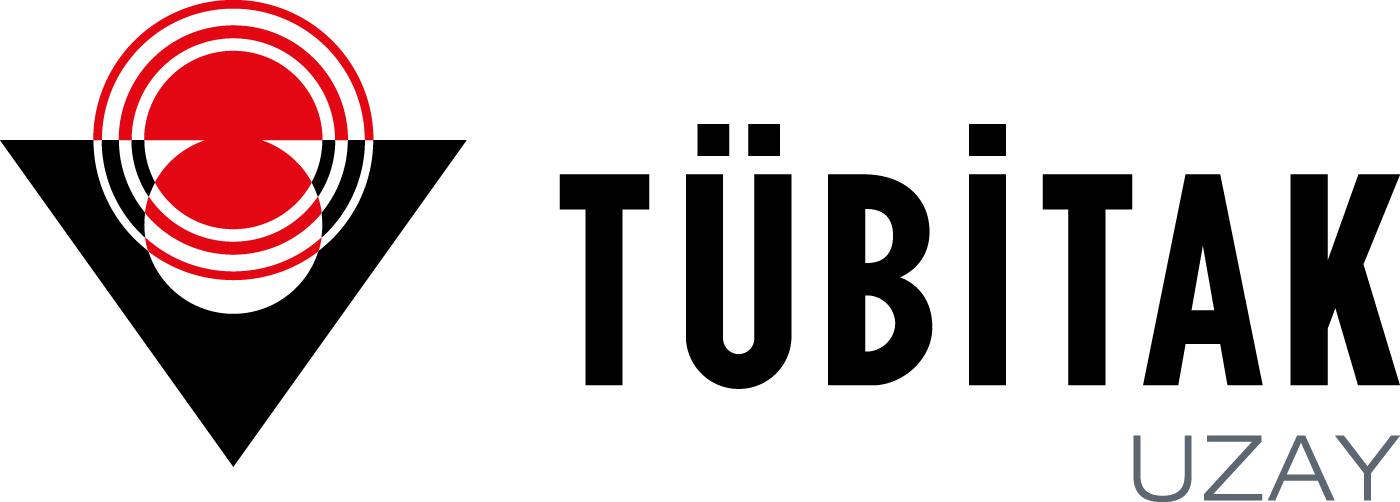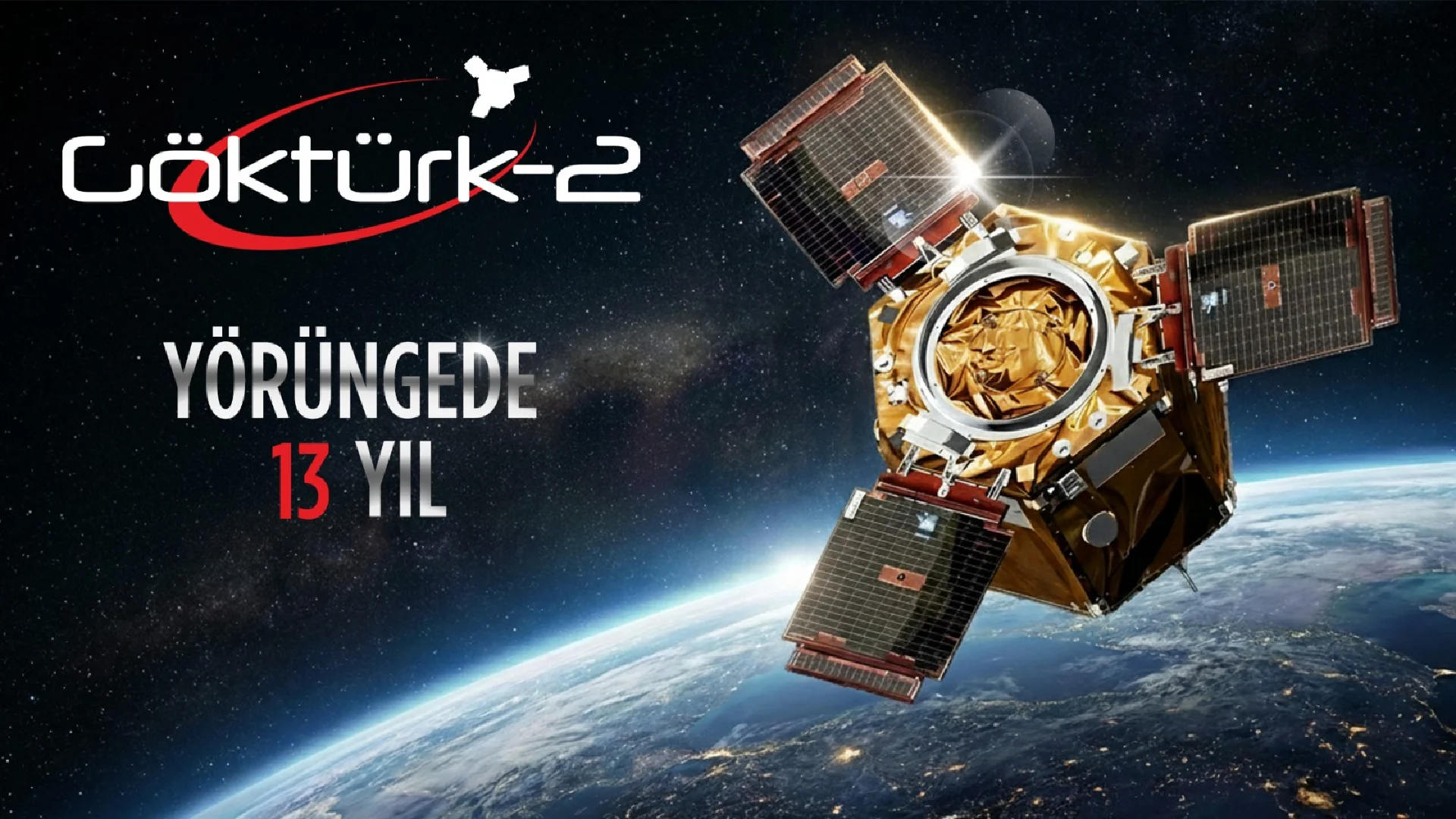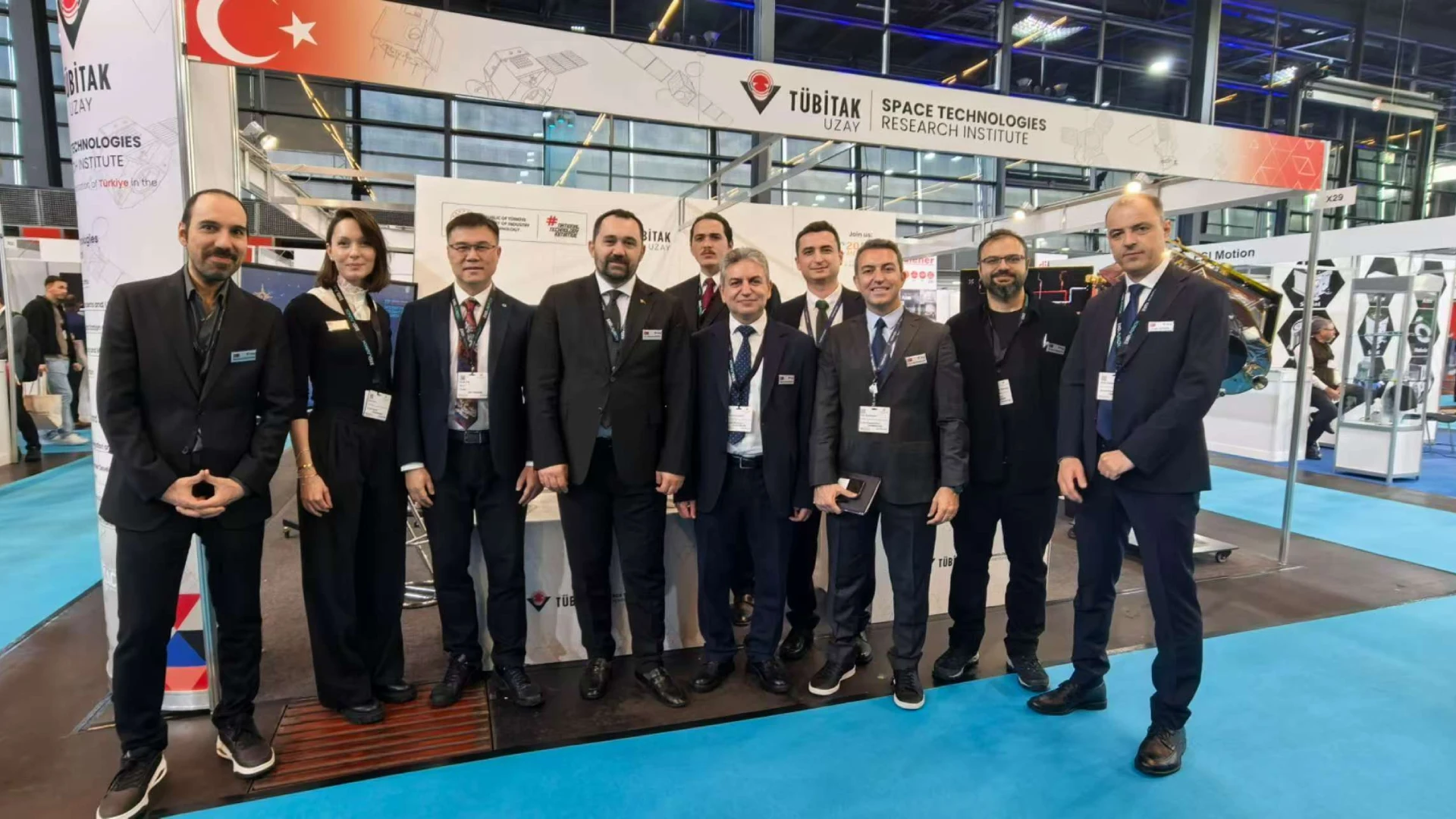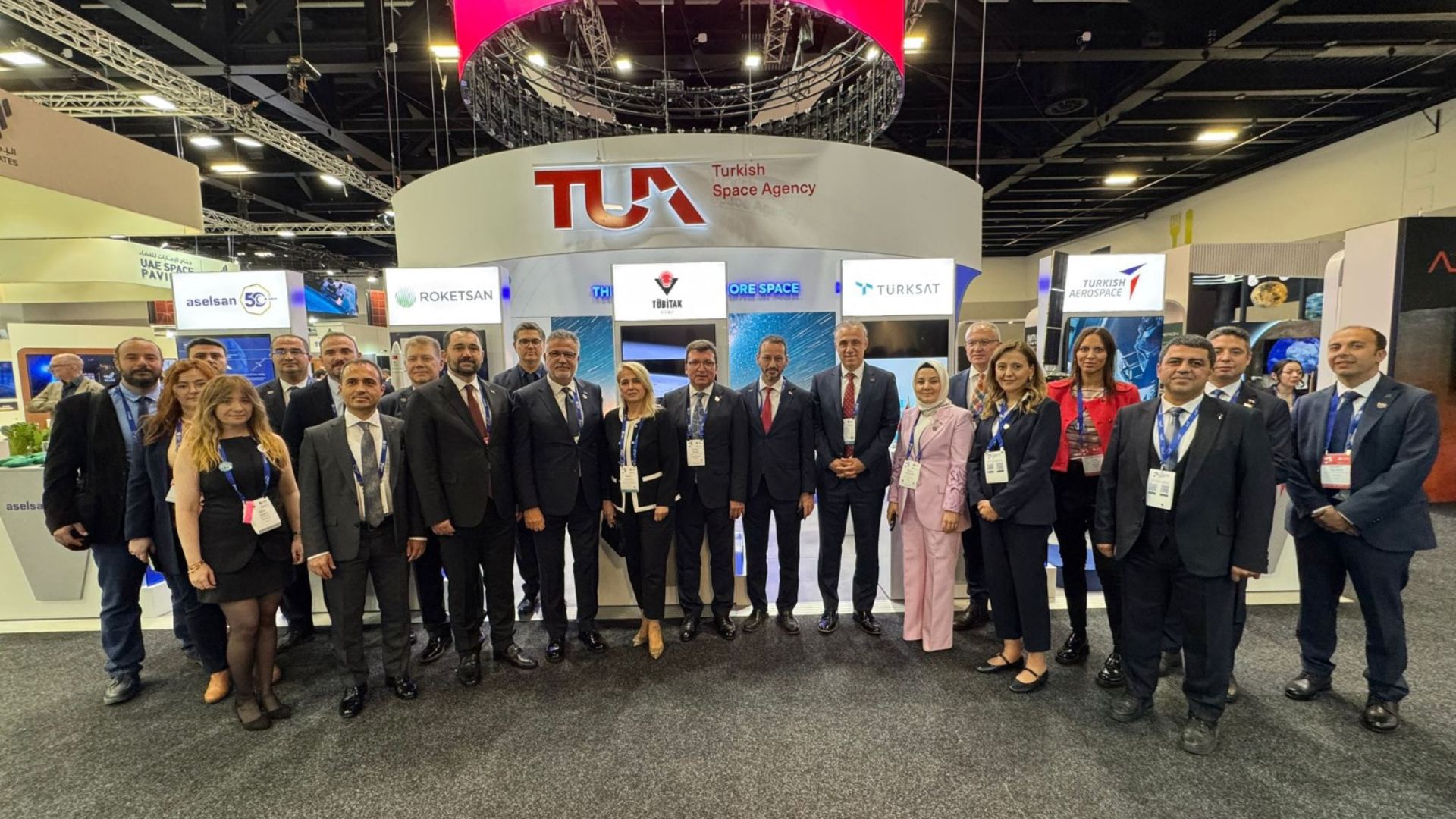The Asia-Pacific Space Cooperation Organization (APSCO), headquartered in Beijing, People's Republic of China, of which Turkey is a member, will award PhD scholarships for 2019 through the Chinese Government Scholarship Program.
The faculties and majors covering the Doctorate Program (DOCSTA) opened within the framework of the agreement between APSCO and Harbin Institute of Technology (HIT) are given below.
| Schools | Disciplines | Research Fields | |
| Astronautics | 0811 Control Science and Engineering | 1. Navigation, Guidance and Control 2. Control Theory and Conrol Engineering 3. Detection Tecnology and Automatic Equipment 4. Pattern Recognition and Intelligent System 5. System Engineering | |
| 0825 Aeronautical and Astronautical Science and Technology | 1. Aircraft System Optimization Design and Simulation 2nd Deep Space Probe Landing and Return 3. Space Structure Dynamics and Control 4. Effect of Space Environment and Protection | ||
| Mechatronics Engineering | 0825 Aeronautical and Astronautical Science and Technology | 1.Space Structure and Control 2. Aerospace High Precision Manufacturing Technology 3. Space Robot Technology 4. Space of Special Processing Technology 5. Aircraft Digital Manufacturing Technology 6. Aircraft Ground Simulation and Testing Technology | |
Applications will be made to TÜBİTAK UZAY and the candidates to be recommended will be determined by TÜBİTAK UZAY. The final evaluation among the candidates will be made by APSCO and Harbin Institute of Technology. In addition to the scholarships and support provided, the round-trip airfare to Harbin for the candidates accepted to the program will be covered by APSCO for one time only.
The scholarships, supports, criteria and detailed information provided under each program can be found in the relevant program documents below.
- Doctoral Programs (DOCSTA)
- Health Report Form
- List of Application Documents
- HIT Presentation
- Harbin and Harbin Institute of Technology Presentation for International Students
- Harbin White Paper
As a result of the evaluation to be made by TÜBİTAK UZAY, two candidates will be proposed for each field within the scope of the DOCSTA program and one person will be accepted.
All documents related to the applications must be submitted to TÜBİTAK UZAY by mail until January 25, 2019. As a result of the evaluation, the documents of the candidates to be recommended for the programs will be forwarded to APSCO by TÜBİTAK UZAY.
Short Description About APSCO
Asia Pacific Space Cooperation Organization (APSCO for short) www.apsco.int) On October 28, 2005, representatives of the governments of China, Thailand, Iran, Pakistan, Bangladesh, Mongolia, Peru, Mongolia, Peru, Indonesia signed the APSCO Founding Act in Beijing. Turkey became one of the 9 founding member countries by signing the Law on the Establishment of APSCO at a ceremony held in Beijing on June 1, 2006. APSCO is the second intergovernmental organization recognized by the United Nations in the field of space after the European Space Agency.
The projects carried out within APSCO are designed as "Optional" projects to trigger larger collaborations between the member countries as a core fund to develop other projects in the field of space. In addition, projects are also carried out for educational purposes. In particular, they can also be designed as free technology transfer between member countries. Projects are created in four main areas: 1) Space Technologies, 2) Space Science, 3) Space Applications and 4) Theoretical and Practical Training.
As one of the member countries of APSCO, the Scientific and Technological Research Institute of Turkey (TÜBİTAK) carries out the activities on behalf of Turkey and TÜBİTAK Space Technologies Research Institute (TÜBİTAK UZAY) acts as the country contact point on behalf of TÜBİTAK.
Mailing Address for Application :
TÜBİTAK UZAY
METU Campus, 06800, Ankara / Turkey
For Information : Aysun Karaarslan
E-Mail : apsco.uzay@tubitak.gov.tr






